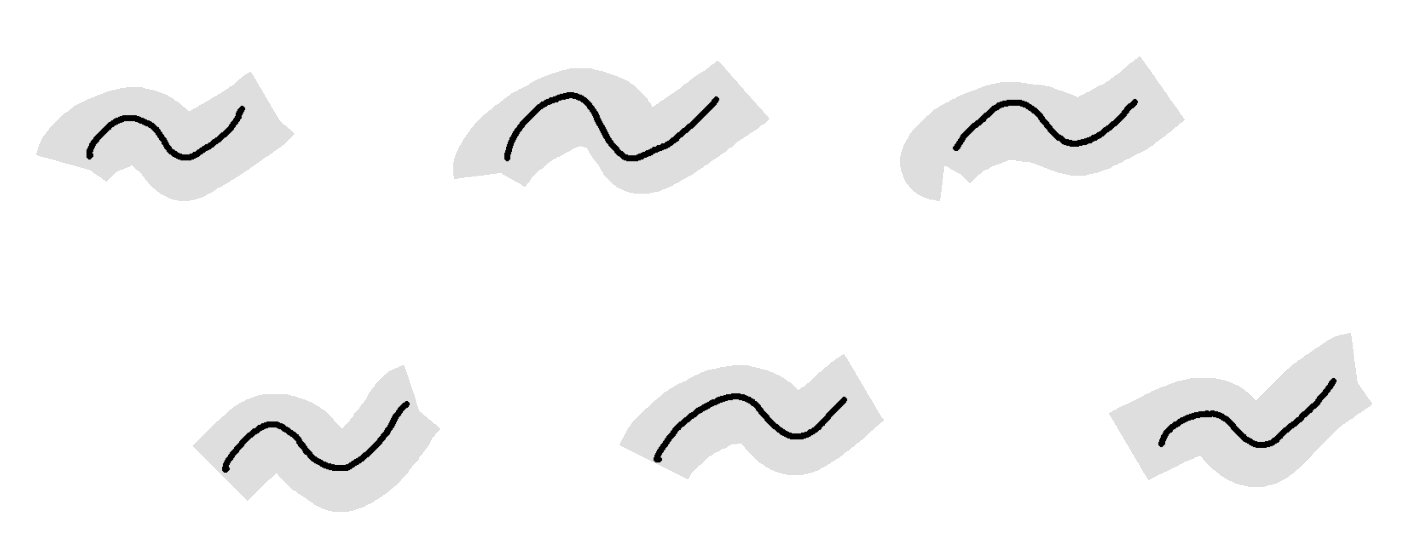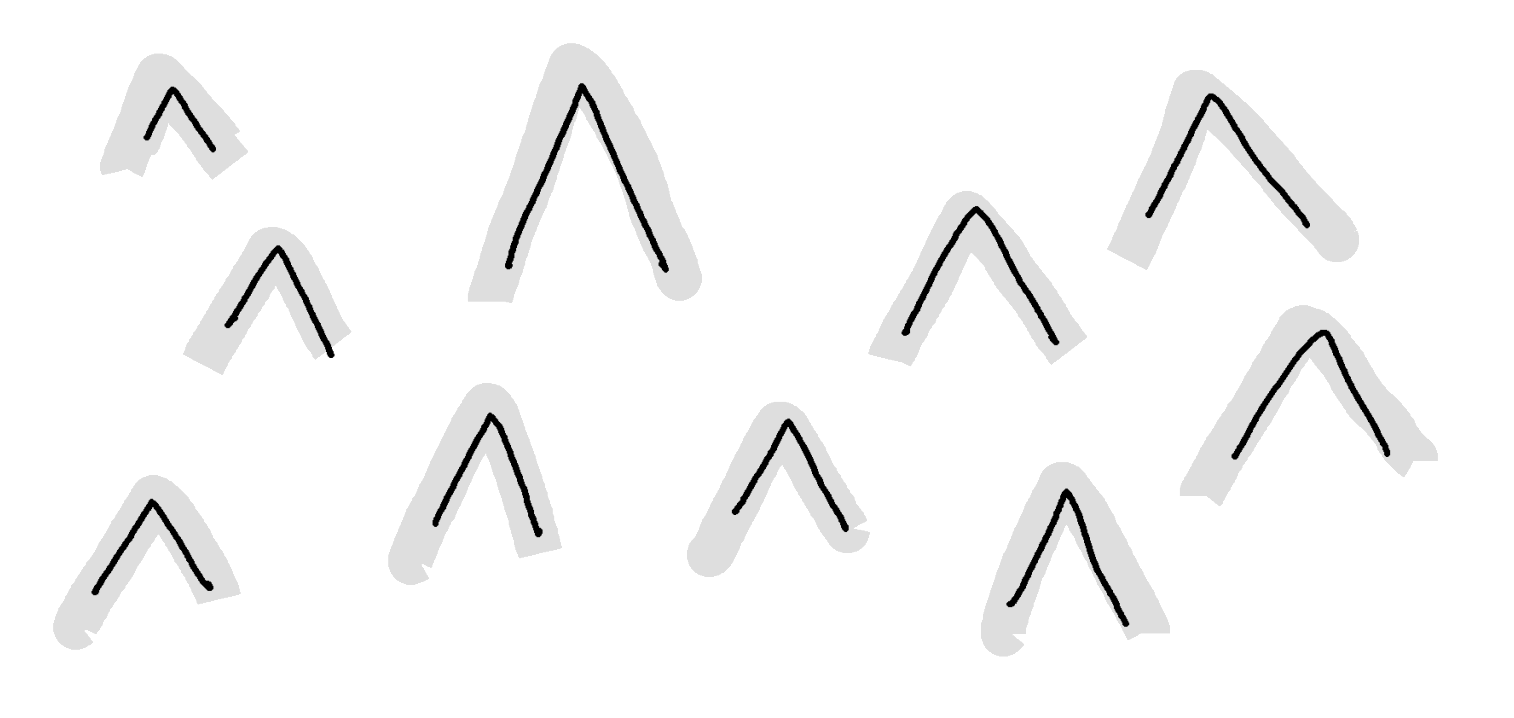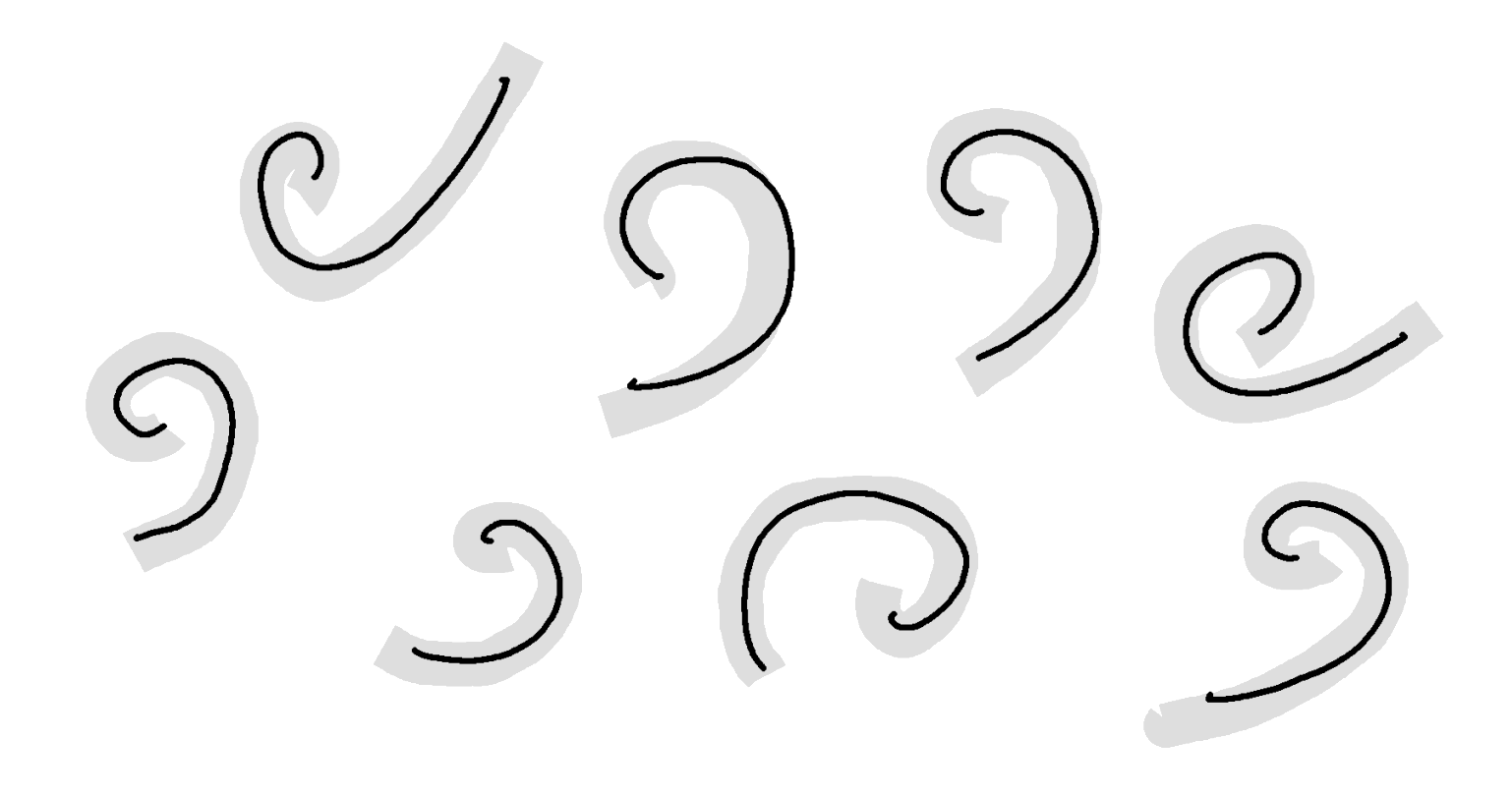C++ coding quiz (part 1)
Introduction
This page contains an interactive story where the reader will take part of a C++ coding quiz. The reader will be asked to write C++ code in an interactive quiz format. This quiz is designed for people preparing for a job interview or willing to improve their coding skills. => Start





Start
You applied to a software engineering job and received recently a positive answer from the company. Today is the first interview and you present yourself at the reception. You are welcomed by Scott who is the team leader of a coding team. He explains you that the team mainly codes in C++ and therefore, he would like to judge your C++ coding skills. For this purpose, he prepared a small coding test and asks you kindly if you are agreeing to take it.
What do you do ?





You refused
After thinking for a moment, you decide that you are not ready to take a test in C++. You politely refuse. Scott looks surprised but understands your decision. He immediately tells you that you can take your time to get ready and resume this interview when you feel ready.
What do you do ?





You accepted
You accept to take the test. Scott looks happy, he takes you to a room where you will be able to focus. The room has a computer with all the necessary tools already installed (editor and compiler). Here is the problem you need to solve.
1) Code the class 'Day' in C++ which represents a week day (Monday, Tuesday, ..., Sunday).
2) Add to the class 'Day' a member function 'text' returning 'We are <x>' where <x> is 'Monday', 'Tuesday', ... 'Sunday'.
What do you do ?





Quiz Question 1
You understood the instruction and are able to write some initial code. Your code has now a class Day and an enum DayChoice which protects against the creation of a wrong Day object. You find that to be a good design choice.
int main() {
Day day(Monday);
return 0;
}
enum DayChoice {
Monday = 0,
Tuesday = 1,
Wednesday = 2,
Thursday = 3,
Friday = 4,
Saturday = 5,
Sunday = 6
};
class Day {
private :
const DayChoice d;
public :
Day(DayChoice d) : d(d) {}
};
But when you try to compile, you get the below error :
error: unknown type name 'Day'
Day day(Monday);
^
error: unknown type name 'Monday'
Day day(Monday);
^
What do you do ?
=> To try understanding the issue
=> You know why, fix it and keep working





C++ Declaration
After searching a way to fix those two errors, you remember that in C++ it is required to declare every symbol (e.g. class, enum, functions) before we use them in the main function. You modify your code and produce a new code which compiles perfectly.
enum DayChoice {
Monday = 0,
Tuesday = 1,
Wednesday = 2,
Thursday = 3,
Friday = 4,
Saturday = 5,
Sunday = 6
};
class Day {
private:
const DayChoice d;
public :
Day(DayChoice d) : d(d) {}
};
int main() {
Day day(Monday);
return 0;
}
What do you do ?





Quiz Question 2
After fixing the compiler error, the next step you take is to spend some time coding a new member function for the class Day. The function is called text() and is aiming to return a string. The code you produced can be seen below.
#include <iostream>
enum DayChoice {
Monday = 0,
Tuesday = 1,
Wednesday = 2,
Thursday = 3,
Friday = 4,
Saturday = 5,
Sunday = 6
};
class Day {
private:
const DayChoice d;
public :
Day(DayChoice d) : d(d) {}
std::string& text() const {
char* prefix = "We are ";
char* name = "";
if (d == Monday) {name = "Monday";}
else if (d == Tuesday) {name = "Tuesday";}
else if (d == Wednesday) {name = "Wednesday";}
else if (d == Thursday) {name = "Thursday";}
else if (d == Friday) {name = "Friday";}
else if (d == Saturday) {name = "Saturday";}
else {name = "Sunday";}
std::string text = prefix + name;
return text;
}
};
int main() {
Day day(Monday);
return 0;
}
When trying to compile your code, you see the below error :
error: invalid operands to binary expression ('char *' and 'char *')
return prefix + name;
What do you do ?
=> To try understanding the issue
=> You know why, fix it and keep working





C++ Operator
When reading carefully the error message, you noticed that the issue is linked to the operator +. You guess correctly that the C++ standard library does not have a declaration and definition for operator+(char*, char*) but has one for operator+(std::string, char*). You amend your code and use instead the type std::string. The new code compiles without any issues. Here is the latest version of the code.
#include <iostream>
enum DayChoice {
Monday = 0,
Tuesday = 1,
Wednesday = 2,
Thursday = 3,
Friday = 4,
Saturday = 5,
Sunday = 6
};
class Day {
private:
const DayChoice d;
public :
Day(DayChoice d) : d(d) {}
std::string& text() const {
char* prefix = "We are ";
std::string name = "";
if (d == Monday) {name = "Monday";}
else if (d == Tuesday) {name = "Tuesday";}
else if (d == Wednesday) {name = "Wednesday";}
else if (d == Thursday) {name = "Thursday";}
else if (d == Friday) {name = "Friday";}
else if (d == Saturday) {name = "Saturday";}
else {name = "Sunday";}
std::string text = prefix + name;
return text;
}
};
int main() {
Day day(Monday);
return 0;
}
What do you do ?





Quiz Question 3
You start seeing the end of this coding challenge. You have added in the main a few instructions to test your code. In the main function you create a Day object, call the function text() and finally print the result in the console. The code is ready and compiles without any errors.
#include <iostream>
enum DayChoice {
Monday = 0,
Tuesday = 1,
Wednesday = 2,
Thursday = 3,
Friday = 4,
Saturday = 5,
Sunday = 6
};
class Day {
private:
const DayChoice d;
public :
Day(DayChoice d) : d(d) {}
std::string& text() const {
char* prefix = "We are ";
std::string name = "";
if (d == Monday) {name = "Monday";}
else if (d == Tuesday) {name = "Tuesday";}
else if (d == Wednesday) {name = "Wednesday";}
else if (d == Thursday) {name = "Thursday";}
else if (d == Friday) {name = "Friday";}
else if (d == Saturday) {name = "Saturday";}
else {name = "Sunday";}
std::string text = prefix + name;
return text;
}
};
int main() {
Day day(Monday);
std::cout << day.text() << std::endl;
return 0;
}
You try running your code and expect the output to be We are Monday. In the console, you see 1{??(17????1{???7????
What do you do ?
=> To try understanding the issue





C++ Stack Destruction
After reading multiple times the source code, you start looking at the declaration of the functions you have created. You notice that the function Day::text() returns a reference to a std::string and start wondering if that could be the cause ? After some reflexion, your conclusion is that at runtime, once the function Day::text() has finished its execution, its stack is destroyed letting no valid value for the returned reference. You are right, a function creating a value should either create it on the heap and return a pointer to it or return a copy of the value created. You modify the code to return a std::string (instead of a reference to a std::string). When running the code, it prints “We are Monday”.
#include <iostream>
enum DayChoice {
Monday = 0,
Tuesday = 1,
Wednesday = 2,
Thursday = 3,
Friday = 4,
Saturday = 5,
Sunday = 6
};
class Day {
private:
const DayChoice d;
public :
Day(DayChoice d) : d(d) {}
std::string text() const {
char* prefix = "We are ";
std::string name = "";
if (d == Monday) {name = "Monday";}
else if (d == Tuesday) {name = "Tuesday";}
else if (d == Wednesday) {name = "Wednesday";}
else if (d == Thursday) {name = "Thursday";}
else if (d == Friday) {name = "Friday";}
else if (d == Saturday) {name = "Saturday";}
else {name = "Sunday";}
std::string text = prefix + name;
return text;
}
};
int main() {
Day day(Monday);
std::cout << day.text() << std::endl;
return 0;
}
What do you do ?





End
You finally reached the end of the coding test and happy with the code you have produced. You mention to Scott the design decisions you have made and the advantages of using an enum to guard against wrong inputs. Scott reads your solution and indicates that it is a good piece of work.
Congratulations ! You successfully completed this C++ coding quiz




